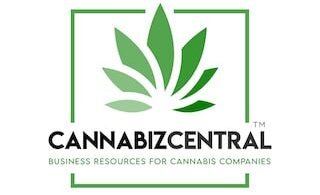Secure Act 2.0 Auto-Enrollment
The headlines are everywhere: “Secure Act 2.0 Requires Plans to Have Auto-Enrollment.” While the headlines grab your attention, they are somewhat misleading without more precision. We thought it might be helpful to provide some clarification to help employers understand these new requirements.
In an effort to boost employee use of company-sponsored benefit plans, Secure Act 2.0 (“2.0”) includes a requirement for certain employers to auto-enroll employees in the employer’s defined contribution plan (think: a 401(k) plan, for example) beginning in 2025. The automatic enrollment provision of 2.0 is applicable to only new plans; existing plans are grandfathered and not required to automatically enroll employees.

If affected, new plans must automatically enroll employees at an initial rate of at least 3%, but not more than 10%, of compensation. In addition, employers must increase the employee’s contribution rate automatically by 1% after each year of participation until the rate reaches at least 10% (but not more than 15%) of compensation. As is typical with plans with auto-enrollment, employees have the ability to opt-out or even adjust how much of their paycheck they would like to contribute.
As previously stated, existing plans will be exempt from the automatic enrollment requirements, provided such plans were in place prior to the enactment date of 2.0. While existing plans are not subject to this provision, there is nothing that would prevent an existing plan from adopting automatic enrollment features.
[As a side note, we see businesses who strive for auto enrollment sometimes forget to implement procedures to withhold money from employee paychecks. That type of oversight creates ERISA and tax-qualification compliance problems.]
While 2.0 provides that employers with new defined contribution plans will be required to auto-enroll their employees, there are some exceptions. Businesses with ten or fewer employees will not be required to have the auto-enroll feature. In addition, an employer in business fewer than three years, governmental plans, and church plans are exempt from the auto-enrollment requirement. Companies that do not offer retirement plans will not be required to implement a plan.
There are still a few questions regarding the implementation of this and other provisions of 2.0 from a practical standpoint. As more guidance is issued, we will provide updates regarding the implementation of 2.0.




